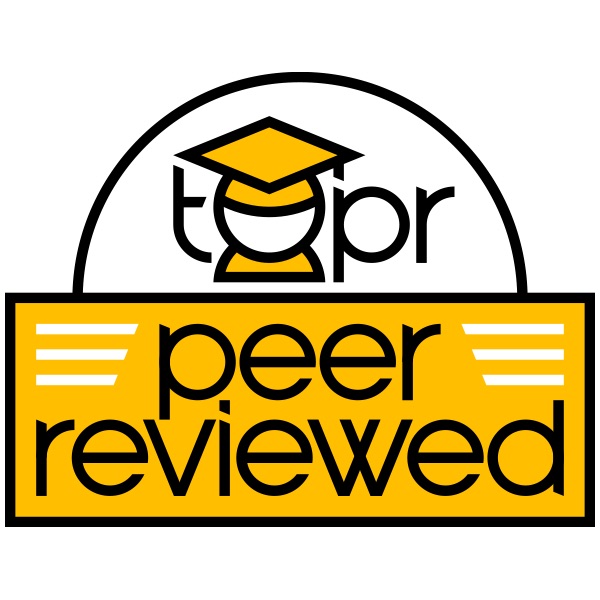Tags: Interaction, Metaverse, Peer-Reviewed Entry, Tool/ application

Description
The metaverse can be utilized in various platforms such as Mozilla Hubs, and VRChat. Mozilla Hubs is a free and open-source platform that provides a virtual space where users can communicate and collaborate with each other in real-time. VRChat is a social VR platform that enables users to create their avatars and explore virtual worlds. The metaverse is an open-source tool that is available to anyone with an internet connection. To access the metaverse, users will require a computer or mobile device with an internet connection. Additionally, users may need to have a VR headset to experience a fully immersive virtual environment.
The learning process in an online course or face-to-face class is dependent on class time and place. Metaverses provide students with an autonomous and flexible environment that can be used to engage in various learning activities (Choi & Kim, 2017) during communication courses. In communication courses, students may feel reluctant to share their ideas freely; therefore, academics can use the metaverse:
- Involve learners in a variety of learning activities, whether they are in classes or not, which may assist them in applying, analyzing, evaluating, or creating knowledge more easily (Shin, 2022).
- Encourage learners to collaborate with their peers in virtual forms instead of just staring at screens (Myburgh, 2022).
- Overcome barriers such as shyness and social anxiety.
- Improve student motivation and retention by providing an engaging and immersive learning experience.
In other courses, the metaverse can be used to enhance immersive and collaborative learning experiences. In teaching English as a second language, which can be applied to other language classes as well, teachers can allow students to communicate with native speakers in a virtual environment to practice their language skills. Additionally, the Metaverse can be used to create immersive language learning environments that allow students to practice speaking, listening, and comprehension skills in a virtual setting. Additionally, art classes can make use of the metaverse, where students can showcase their artworks to peers and teachers, receiving feedback from both. Teachers can use the metaverse to provide students with virtual access to historical events and locations in history courses. Using their creativity, instructors can create engaging and interactive learning experiences, and the possibilities are endless.
Link to Example artifact(s)
During her interpersonal and communication course at Gulf University for science and technology, Marwa Younes incorporated the metaverse as a teaching strategy. Initially, she used this because students weren’t comfortable sharing their ideas and directly communicating with one another. Due to the fact that the class was online, and students were reluctant to open their cameras, I thought it would be a wise idea to incorporate the metaverse. This is because students can choose their own personalities and areas that they are comfortable in. This strategy enabled students to speak and discuss their ideas more comfortably in different activities, including group work, debates, and presentations. I followed the below steps:
- Instructors need to open a free account as a teacher in the metaverse.
- Allow students to create their accounts and join your space.
- Name the space by the activity conducted such as Discussion or debate.
Link to scholarly reference(s)
Choi, H., & Kim, S. (2017). A content service deployment plan for metaverse museum
exhibitions—centering on the combination of beacons and HMD. International Journal of Information Management, 37, 1519–1527. 10.1016/j.ijinfomgt. 2016.04.01
Myburgh, P. H. (2022). Reflecting on the creation of virtual laboratory experiences for biology students. Frontiers in Education, 7,796-840. 10.3389/feduc.2022.796840
Shin, D. (2022). The actualization of meta affordances: conceptualizing affordance actualization in the metaverse games. Computers in Human Behavior, 133. 10.1016/j.chb.2022.107292
Citation
Younes, M. (2023). Metaverses a Platform for Teaching Communication Courses. In deNoyelles, A., Bauer, S., & S. Wyatt (Eds.), Teaching Online Pedagogical Repository. Orlando, FL: University of Central Florida Center for Distributed Learning.

